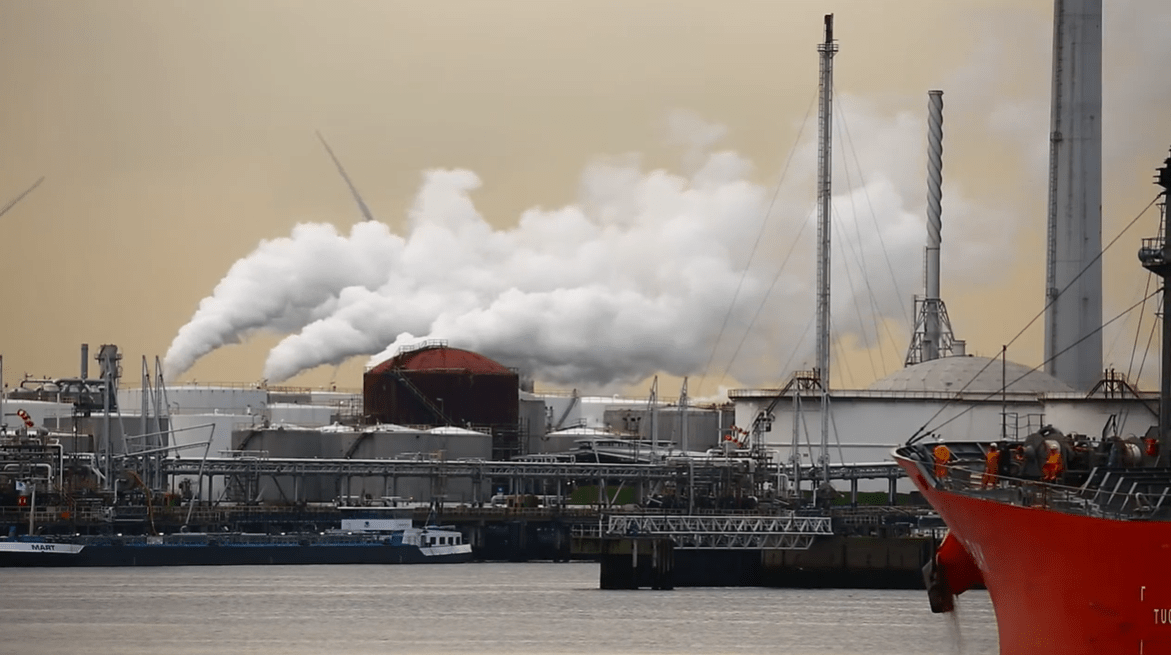
H-vision naar volgende fase

De in H-vision samenwerkende partijen melden klaar te zijn voor de volgende fase. H-vision wordt ‘een gezamenlijk communicatie- en belangenplatform’.
H-vision is een samenwerking tussen oorspronkelijk Air Liquide, BP, ExxonMobil, Shell en Vopak. Later hebben Deltalinqs, het Havenbedrijf Rotterdam, EBN, Equinor, Gasunie en ONYX Power zich hierbij gevoegd. Het concept bestaat eruit dat bijproducten in de procesindustrie, zoals kraakgas of raffinaderijgas, worden omgezet in waterstof. Deze waterstof wordt rechtstreeks verbrand in bestaande ovens, waarbij weinig CO2 vrijkomt. De CO2 tijdens het decarbonisatieproces wordt afgevangen en onder de Noordzee opgeslagen.
Volgende fase
Het idee is technologisch onderzocht, economisch geanalyseerd en wordt volgens de projectpartners nu gezien als een internationaal en nationaal erkend concept om CO2-reductie te realiseren voor moeilijk te verduurzamen processen om industriële warmte op te wekken. Daarmee is het klaar voor de volgende fase, aldus H-vision. Het concept wordt ‘een gezamenlijk communicatie- en belangenplatform’ waarin inzichten worden gedeeld en op Europees niveau wordt samengewerkt. Shell en BP zullen projecten ook afzonderlijk op hun eigen sites met eigen projectteams ontwikkelen. Vopak en het Havenbedrijf Rotterdam nemen de realisatie van infrastructuur op zich.
Zie ook: H-vision bezig met ontwerp waterstoffabrieken
English translation
H-vision to next phase
The parties collaborating in H-vision report being ready for the next phase. H-vision will be “a joint communication and interest platform”.
H-vision is a collaboration between originally Air Liquide, BP, ExxonMobil, Shell and Vopak. It was later joined by Deltalinqs, the Port of Rotterdam Authority, EBN, Equinor, Gasunie and ONYX Power. The concept involves converting by-products in the process industry, such as cracker gas or refinery gas, into hydrogen. This hydrogen is burned directly in existing furnaces, releasing little CO2. The CO2 during the decarbonisation process is captured and stored under the North Sea.
Next phase
The idea has been technologically researched, economically analysed and, according to the project partners, is now seen as an internationally and nationally recognised concept to achieve CO2 reductions for difficult-to-sustain processes to generate industrial heat. This makes it ready for the next phase, according to H-vision. The concept will be “a joint communication and interest platform” in which insights will be shared and cooperation at European level will take place. Shell and BP will also develop projects separately at their own sites with their own project teams. Vopak and the Port of Rotterdam Authority will take on the realisation of infrastructure.









